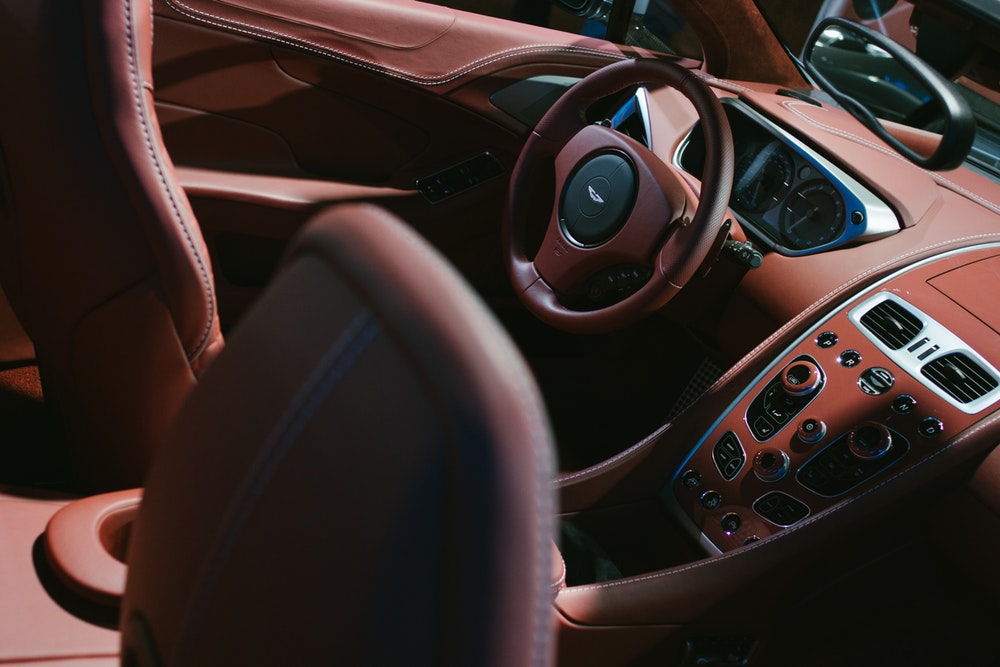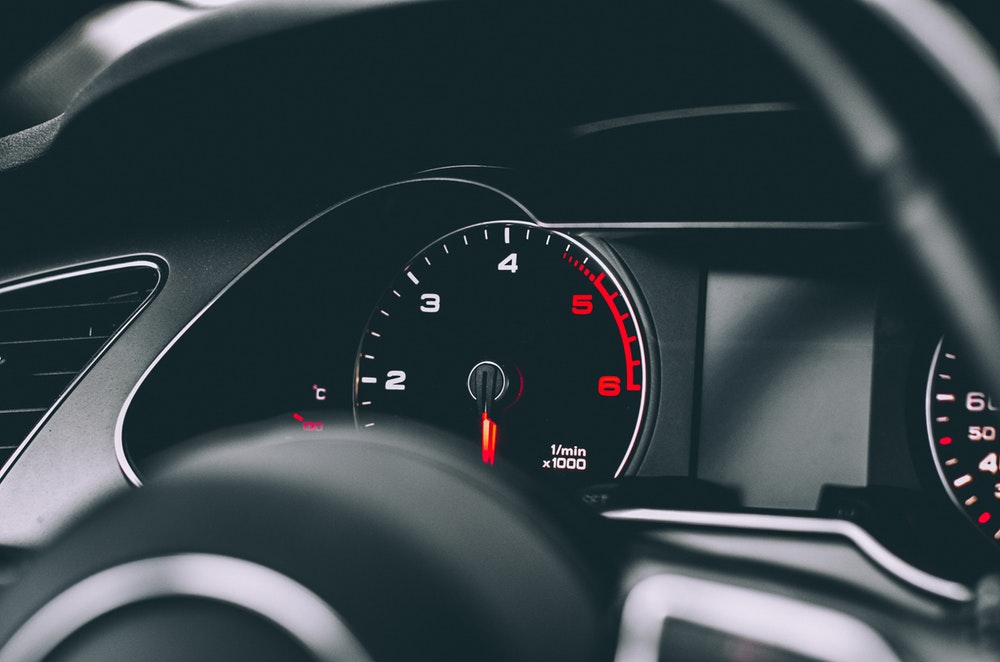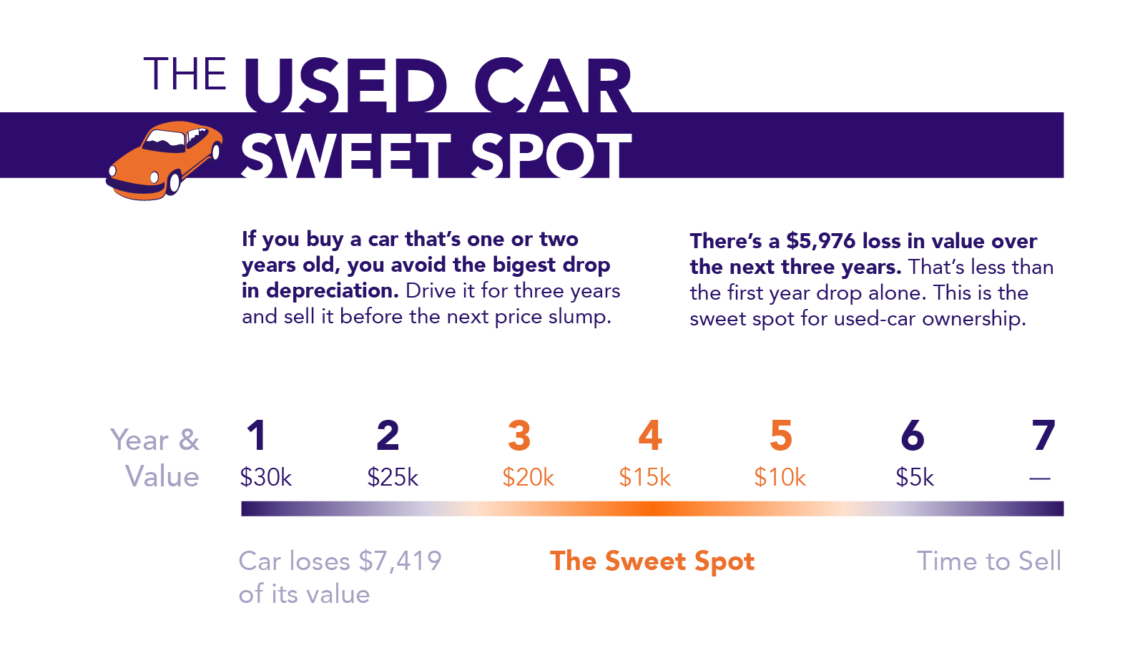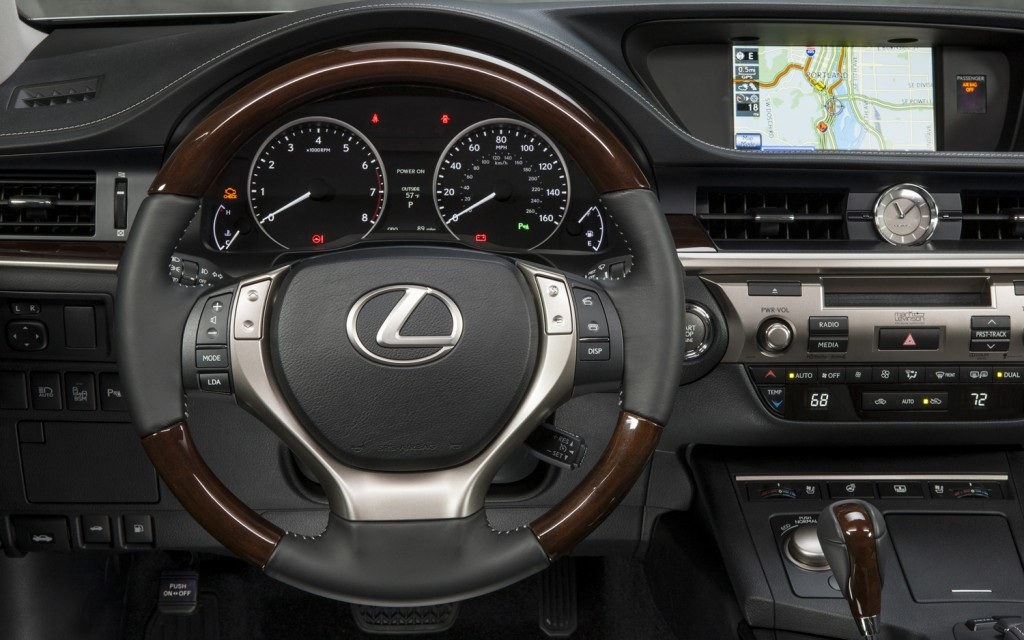The Car Buyer’s Dilemma: Used VS. New
Buying a car is stressful.
It’s one of the most anxiety-inducing decisions that people have to make several times throughout their life. Even worse: the everlasting debate of whether to buy a new car or find a used one.
We won’t lie to you – getting handed the keys to a brand new car is pretty slick. And that new car smell?
Mmm, so fresh.

But what if we told you that the “new car smell” we all love actually comes from outgassing – gas that’s released from the things in your car made from compounds like vinyl or plastic. The gases are called volatile organic compounds (VOCs) … and they’re actually classified as air pollutants.
Oops!
According to a few different studies conducted over the last few years, the average North American will own at least 6-8 cars in their lifetime. If each of those cars averaged around $30,000, a normal person would spend over $180,000 rolling out fresh cars from the lot.

THOUGHT EXPERIMENT: Now, what if you bought those same cars after they’re 3 years old? You’d be shaving off at least $60,000 from your lifetime expenditures.
Maybe buying that spanking new car with untouched leather seats isn’t such a great idea?
But what’s really so good about getting a used car?
Well, let’s take a look. Here are some other reasons why buying a used car might be a much better option for you.
- Avoid Massive Car Depreciation.
Did you know that a new car will depreciate as much as 11 percent the very instant you drive it off the dealership lot?
The depreciation curve for a car’s first year is the steepest. For example, an average midsize sedan that’s sold for $27,660 will lose as much as $7,419 in its first year.
That’s a pretty big hit to take.
Here’s the secret: if you buy a used car that’s one or two years old, you’ll avoid the steepest drop in depreciation. Drive it for three years and then sell it before the next price slump to get the maximum value for your money. - Move up to a luxury class vehicle.Not paying the “new car” premium will save you as much as 30% the upfront sales cost. If you’ve allocated a certain amount of money in your budget for a car purchase, why not skip the extra fees and the depreciation curve and opt for a mildly-used luxury vehicle at the same price?For example, a brand new 2016 Toyota Camry might end up costing you somewhere between $34,000-$35,000.Alternatively, you could go for a sharp 2014 Lexus ES 350 for the same price – with 1.5x the horsepower, beautiful styling, and a 3.5L V6 engine. Without the cost-value dip.BOOM.

- Lower insurance premiums.There are two types of people in this world: the ones who work for insurance companies and the rest of us who hate paying insurance fees.And if you hate paying for car insurance as much as the rest of us, you’re probably going to hate paying a higher premium each month just because you rolled a new car off the lot.In more cases than not, a used car will cost you less to insure and keep more cash in your wallet each month.
- Car quality these days are pretty top notch.A couple years ago, the average life expectancy of a car was around 8 years (or 150,000 miles). Nowadays, you can expect a car to live over 11 years!So even if your purchase is a couple years old, chances are you’re still going to get a car that’s in pretty good driving condition and won’t incur a million dollars from visits to the shop.
4 tips for car-buying success
Even when buying a used car, it’s important to take proper precautions and ensure you’re setting yourself for success. Follow the following 4 tips to make sure you come out on top.
- Pick a good car.
This one’s pretty straightforward but as we all know, common sense isn’t that common. Do your research before you go to the car lots and make sure you’re getting the right car for your transportation needs. Should you go electric? Diesel? Hybrid?
- Make sure the car has been thoroughly inspected and has a warranty.
Be warned – there are dealerships out there that try to skimp out on inspections. Ask the right questions and make sure your vehicle has been certifiably inspected before handing over a cent. You definitely also want to score a warranty for a used vehicle whenever possible. - Get a good loan and make sure your dealership is credible.
Check your credit reports ahead of time to know your credit score before even starting a conversation about loans. If you’re in bad standing, it’s even more important for you to find a reputable dealership that will work with you to improve your score.
Keep an eye on the loan’s total cost and opt for the shortest possible pay-period you can afford. A longer loan will mean lower monthly payments, but more money paid overall. - Be a savvy buyer. Educate yourself about the car-buying process and be aware of the regulations in your province before you go to shop. Be aware of your needs, your finances, and your long-term life plans before making any purchases.


[…] know you’re going to opt for a used car because you don’t want to take the hit with that silly new-car depreciation curve. (Don’t know what we’re talking about? Check our blog. You’ll want to […]
Thanks for such a great site